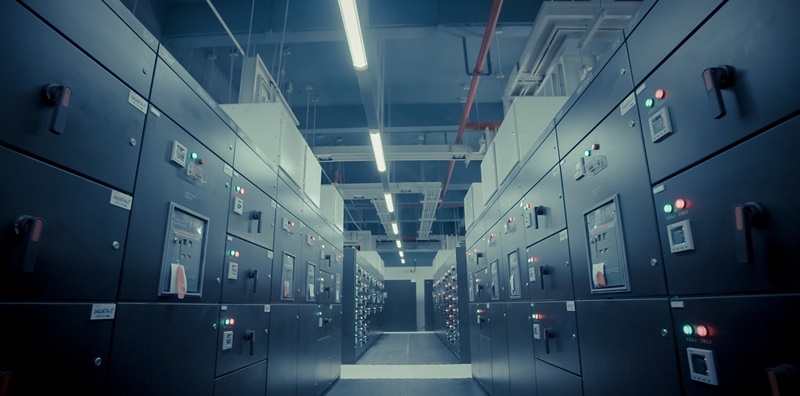As digital transformation accelerates, Schneider Electric (SE) has formed a pivotal partnership with NVIDIA, reshaping the landscape of Data Centers (DCs). This collaboration is set to harness the power of artificial intelligence (AI) and digital twin technology, addressing the increasing complexity of data-centric processes. The announcement of the first AI data center reference designs available to the public by SE is a game-changer, potentially setting new industry standards for AI integration and operations.
The growing need for sophisticated AI applications demands substantial computational resources; even slight improvements in efficiency and scalability can have substantial impacts. SE’s uniquely tailored solutions for DCs are designed to incorporate NVIDIA’s AI technology flawlessly, enabling easy deployment and consistent reliability. As a result, the data centers will be better equipped to handle the sophisticated AI workloads of the future.
Embracing Digital Twin Technology
Schneider Electric’s AVEVA is at the forefront of adopting digital twin technology alongside NVIDIA Omniverse. This combination enhances collaboration and speeds up the data center construction projects, leading to reduced operational costs and improved stakeholder communication. This marks a strategic move towards a digitally coherent and transparent infrastructure ecosystem.
To support industry professionals, Schneider has released its Intelligent Micro Data Centre One and APC Smart-UPS Ultra, which are tailored to meet the intricate demands of power, cooling, and monitoring in modern data center and edge computing environments. These advanced solutions highlight the company’s commitment to efficiency and environmental sustainability within the data center sector. Steven Lee, from Schneider Electric Hong Kong, suggests that this initiative not only pushes the envelope in technology but also indicates a future where data centers are at the heart of sustainable digital growth and transformation.

